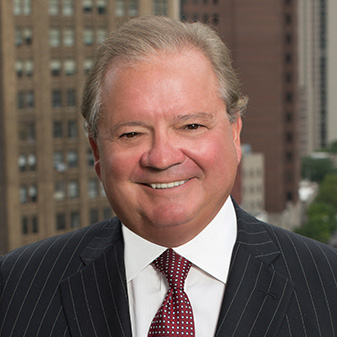Newest Justices Join Majority, Side with Police in Exclusionary Rule Case
The 7-2 lineup in a Supreme Court opinion today siding with the prosecution in an exclusionary rule case is raising some eyebrows.
Justices Sonia Sotomayor and Elena Kagan were part of a majority decision holding that evidence may be used at trial when it is obtained in a search conducted in reasonable reliance on precedent that is later overturned. Justices Stephen G. Breyer and Ruth Bader Ginsburg were the dissenters.
SCOTUSblog noticed that the newest justices were in the majority. “The fact that the court’s two newest members do not dissent,” SCOTUSblog said, “is a pretty striking shift” from the likely positions of their predecessors, Justices John Paul Stevens and David H. Souter.
The case involved an appeal by automobile passenger Willie Davis, who owned a jacket with a gun tucked in the pocket that police found in a search of the car in which he was riding. The driver had been charged with driving while intoxicated. Davis was convicted of being a felon in possession of a firearm. While his appeal was pending, the U.S. Supreme Court decided Arizona v. Gant, which narrowed a prior ruling on the permissible scope of car searches incident to arrest.
In an opinion (PDF) by Justice Samuel A. Alito Jr., the Supreme Court said the evidence used to convicted Davis should not be excluded because police had followed appeals court precedent “to the letter” and their behavior was not wrongful. “Unless the exclusionary rule is to become a strict-liability regime, it can have no application in this case,” Alito wrote. “About all that exclusion would deter in this case is conscientious police work. … That is not the kind of deterrence the exclusionary rule seeks to foster.”
“It is one thing for the criminal ‘to go free because the constable has blundered,’” Alito wrote, quoting the famous appeals opinion. “It is quite another to set the criminal free because the constable has scrupulously adhered to governing law.”
Justice Sonia Sotomayor wrote a separate concurrence pointing out that the case “does not present the markedly different question whether the exclusionary rule applies when the law governing the constitutionality of a particular search is unsettled.”



